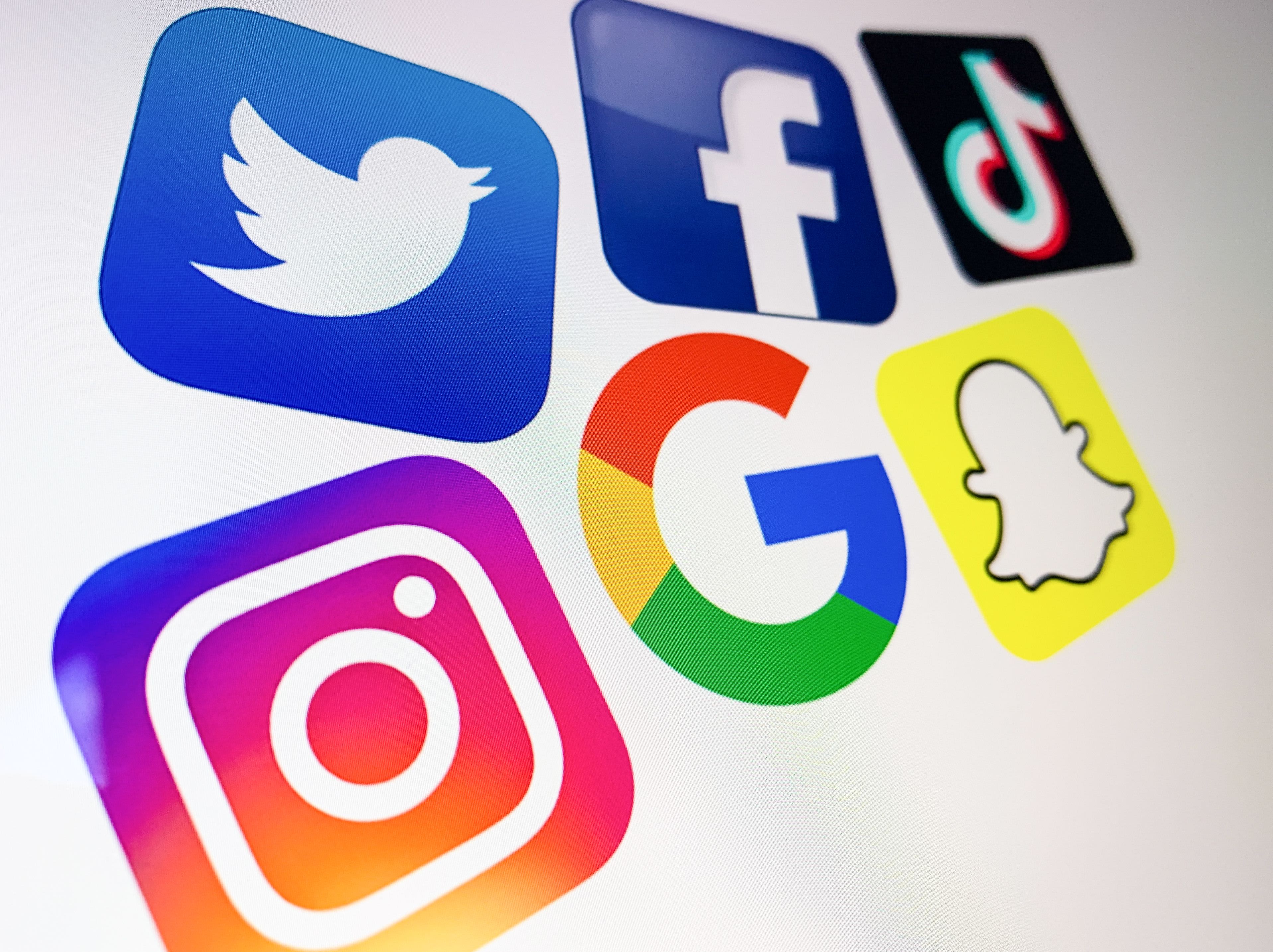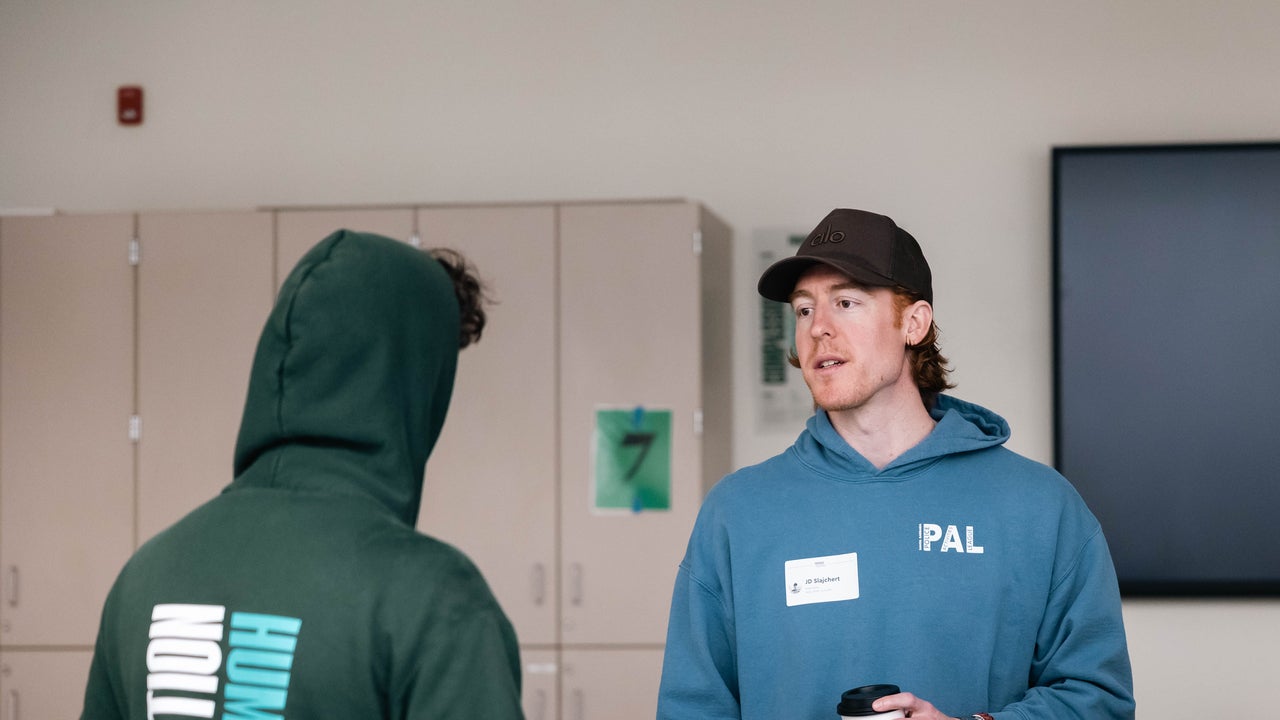Yahoo is buying Artifact, the AI news app from the Instagram co-founders
The Artifact app will be gone soon — but the Yahoo News app might start to be more like it. | Image: ArtifactInstagram’s co-founders built a powerful and useful tool for recommending news to readers — but could never...
/cdn.vox-cdn.com/uploads/chorus_asset/file/24398939/unnamed.png)
Instagram’s co-founders built a powerful and useful tool for recommending news to readers — but could never quite get it to scale. Yahoo has hundreds of millions of readers — but could use a dose of tech-forward cool to separate it from all the internet’s other news aggregators. And so, the two sides are joining forces: Yahoo is acquiring Artifact, the companies announced on Tuesday.
The two sides declined to share the cost of the acquisition, but both made clear Yahoo is acquiring Artifact’s tech rather than its team. Mike Krieger and Kevin Systrom, Artifact’s co-founders, will be “special advisors” for Yahoo but won’t be joining the company. Artifact’s remaining five employees have either gotten other jobs or are planning to take some time off.
The acquisition comes a bit more than a year after Artifact’s launch and about three months after Systrom and Krieger announced its death. “We have built something that a core group of users love,” the co-founders wrote in January, “but we have concluded that the market opportunity isn’t big enough to warrant continued investment in this way.” They said that the biggest reason to shut down was in order to focus on “newer, bigger and better things that have the ability to reach many millions of people.” The bet behind Artifact was always that AI had the potential to be a huge, internet-changing technology; maybe there were just more interesting things to work on than a news app without a big news audience.
Systrom and Krieger posted the note without shopping the company to potential suitors or trying to raise money. They were Artifact’s only investors, they’d run a pretty lean business, and they felt like they could just move on. But then, companies started calling. Systrom tells me that he had “on the order of 10” conversations with other companies after the shutdown note. “A lot of organizations care deeply about news and personalized content,” he says, “and I think they’re looking around and saying ‘Wow, there’s this new wave of AI… maybe we should figure out what’s going on.’ Maybe that’s what I discounted originally.”
Artifact got a lot of calls after announcing its shutdown
Yahoo was one of those calls. The company first began exploring an Artifact acquisition after reading that shutdown letter, says Kat Downs Mulder, the general manager for Yahoo News. “They put a ton of love and care into the way that their content taxonomy and recommendation systems work,” she says. “How the content is categorized, what signals feed into that content, how to identify what’s really working and can connect and is relevant with you, and then the UX of connecting the user with that content — that whole journey is really hard to get right.” Yahoo has long been working on personalization and recommendations, but Artifact built something special.
That’s what Artifact brings to Yahoo. What does Yahoo offer Artifact (other than that undisclosed acquisition price)? Eyeballs. Downs Mulder says more than 185 million people come to Yahoo News every month, which puts Artifact’s personalization and recommendation tech in front of a vastly larger set of users than it likely ever would have gotten on its own. For Systrom, that also means a chance to really see it work. “Every month, we would chip away at growth,” Systrom says, “and we would get to the scale where some of the things we were promised in machine learning and AI would start working, because we had just enough scale to make them work. But it was really hard to move that needle.” Integrating with Yahoo will happen slowly, but it will move that needle in a big way.
Artifact, the app, will go away once the acquisition is complete. But Artifact’s underlying tech for categorizing, curating, and personalizing content will soon start to show up on Yahoo News — and eventually on other Yahoo platforms, too. “You’ll see that stuff flowing into our products in the coming months,” says Downs Mulder. It sounds like there’s also a good chance that Yahoo’s apps might get a bit of Artifact’s speed and polish over time, too.
Both Systrom and Downs Mulder say the integration will take time, that you can’t just drop an Artifact algorithm into Yahoo News and call it a day. But they see a possibility to get everybody into the future a little faster. Yahoo can develop a personalized content ecosystem, the “TikTok for text” that was so alluring to Artifact users. And Artifact can power a news service of the future.
Systrom, meanwhile, says he doesn’t know what’s next. He’s focused on making sure the Yahoo transition goes well, and he and Krieger are always thinking about new ideas. He says he’s as bullish as ever on AI and is asking big questions about what the world needs in an era powered by large language models. But “starting companies is not a seasonal business,” he says. “You don’t, like, start something new every fall.” The idea for Artifact felt too good to pass up — now, he’s looking for the next one.
Update Apr. 2nd, 9:55AM: This story has been updated with the latest user numbers from Yahoo News.

 Tekef
Tekef 































